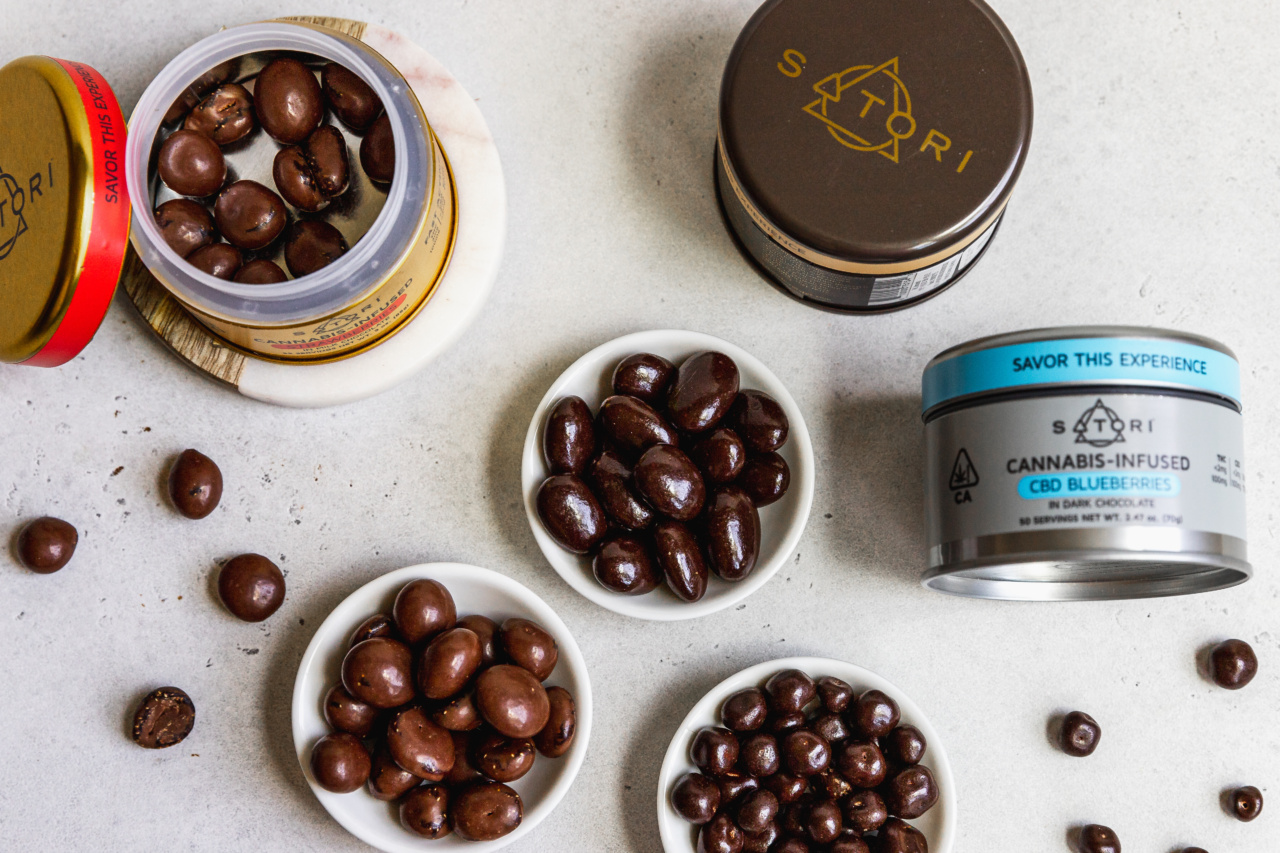Chocolate has long been associated with love and romance. Its rich flavor and smooth texture make it a popular choice for indulgence and celebration.
But can chocolate really be an aphrodisiac? Does it have the power to enhance sexual desire and pleasure? In this article, we will explore the science and history behind chocolate’s reputation as an aphrodisiac and whether there is any truth to these claims.
The History of Chocolate as an Aphrodisiac
Throughout history, various foods and substances have been believed to have aphrodisiac properties. The term “aphrodisiac” is derived from the Greek goddess of love, Aphrodite.
Ancient civilizations, such as the Aztecs and Mayans, revered chocolate and considered it a gift from the gods. They believed that consuming chocolate could increase desire and promote a pleasurable experience.
During the 17th century, chocolate was introduced to Europe and quickly gained popularity among the aristocracy. It was considered a luxury and was often consumed in social gatherings and intimate settings.
Europeans also embraced the belief that chocolate could stimulate desire and enhance sexual experiences.
The Science behind Chocolate’s Reputation as an Aphrodisiac
While the historical association between chocolate and desire is intriguing, the scientific evidence is not as clear-cut.
Chocolate contains several compounds that may have a physiological effect on the body, such as phenylethylamine (PEA), serotonin, and theobromine.
PEA is a naturally occurring compound that is found in chocolate and is associated with feelings of euphoria and heightened arousal.
It is often referred to as the “love chemical.” However, the levels of PEA in chocolate are relatively low, and its effects on sexual desire are still not well understood.
Serotonin is a neurotransmitter that plays a role in mood regulation and feelings of well-being. Some studies have suggested that consuming chocolate may increase serotonin levels, which could potentially enhance sexual pleasure.
However, these findings are preliminary, and more research is needed to establish a clear link between chocolate consumption and serotonin levels.
Theobromine is a stimulant that is also found in chocolate. It has a similar effect to caffeine, providing a mild energy boost. Some people believe that theobromine can act as a natural aphrodisiac by increasing arousal and stamina.
However, the levels of theobromine in chocolate are relatively low, and its effects on sexual function are not well studied.
The Psychological Aspect of Chocolate and Desire
While the scientific evidence regarding chocolate’s physical effects as an aphrodisiac may be limited, there is a psychological aspect that should not be overlooked.
The act of consuming chocolate itself can be pleasurable and indulgent, and it is often associated with feelings of romance and intimacy.
Psychologically, chocolate may act as a stimulus and create a positive association with love and desire.
When someone indulges in chocolate, they may experience a sense of relaxation and satisfaction, which could enhance their mood and lead to feelings of intimacy and connection with their partner.
Does Personal Belief Play a Role?
It is important to consider that personal belief and expectation may also influence the effects of chocolate as an aphrodisiac.
If someone firmly believes that chocolate can enhance their sexual desire and pleasure, they may experience a placebo effect that leads to a heightened experience.
The power of suggestion and the human mind’s ability to create subjective experiences should not be underestimated.
If someone anticipates that consuming chocolate will have a positive effect on their sexual experience, it is possible that their expectations alone could contribute to a more pleasurable encounter.
The Sensual Experience of Chocolate
Regardless of its physiological effects, there is no denying that chocolate can offer a sensual experience. The taste, texture, and aroma of chocolate can create a sensory pleasure that stimulates the senses and creates a pleasurable experience.
Sharing a box of chocolates with a partner or using chocolate in creative ways during intimacy can heighten the overall sensual experience.
Whether it is drizzling melted chocolate on the body or savoring a piece of rich, velvety chocolate together, the act itself can be a form of foreplay and contribute to a more intimate and passionate encounter.
Conclusion: The Myth and Magic of Chocolate
While the scientific evidence supporting chocolate as a potent aphrodisiac may be limited, there is no denying that it has a long-standing reputation as a symbol of love and romance.
The historical and cultural associations have contributed to its allure as an indulgence associated with desire.
Whether or not chocolate truly has the power to enhance sexual desire and pleasure is a subjective experience that may vary from person to person.
The psychological aspects of belief and expectations, as well as the sensual experience of consuming chocolate, should not be underestimated in their ability to create a heightened sense of desire and pleasure.
So, the next time you indulge in a piece of decadent chocolate, allow yourself to be captivated by the myth and magic that surrounds it.
Whether it is a catalyst for desire or simply a delicious treat, chocolate’s place in the realm of romance is undeniable.


























